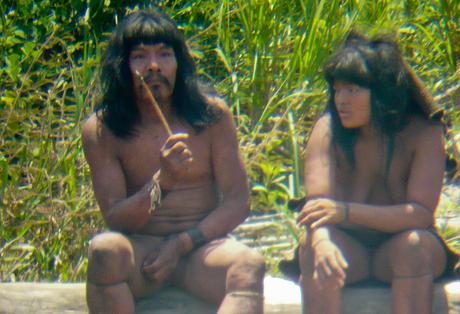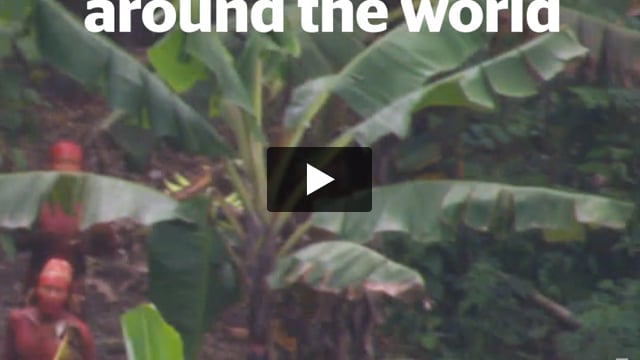Government drops plans to open up uncontacted tribes’ reserves
May 7, 2008

This page was last updated in 2008 and may contain language which is now outdated.
Peru’s government has dropped plans to open up uncontacted Indians’ reserves to oil exploration. The latest round of concessions, announced this week, do not include any of the uncontacted Indians’ reserves.
The move appears to be in response to a storm of criticism from Survival and Indian organisations in Peru. Survival had urged the Peruvian government not to permit exploration in such areas because it could lead to the tribes’ extinction.
The decision represents a U-turn for Perupetro, the state body responsible for negotiating exploration rights. Perupetro spokespeople had previously suggested the uncontacted Indians did not exist, and that exploration in their reserves would be permitted.
According to reports, a Perupetro spokesperson stated this week that none of the new areas include ‘reserves for uncontacted tribes in order to avoid confrontation with local communities and environmental organisations.’
However, part of one of the new concessions, although not a reserve, is inhabited by uncontacted Indians, and elsewhere in Peru oil and gas exploration remains a huge threat. French company Perenco has recently acquired the rights to work in the northern Peruvian Amazon where at least two uncontacted tribes live, and companies Repsol-YPF, Petrolifera and a consortium led by Pluspetrol all work in areas inhabited by the Indians.
Survival International’s director, Stephen Corry, said today, ‘Perupetro's decision is the right one – from both a legal and humanitarian point of view – and we hope this change of heart is permanent. However, there remain other areas inhabited by the Indians where exploration is still going on. These areas must be made off-limits too, and the companies should withdraw in accordance with international law.’
For further information contact Miriam Ross on (+44) (0)20 7687 8734 or email [email protected]



